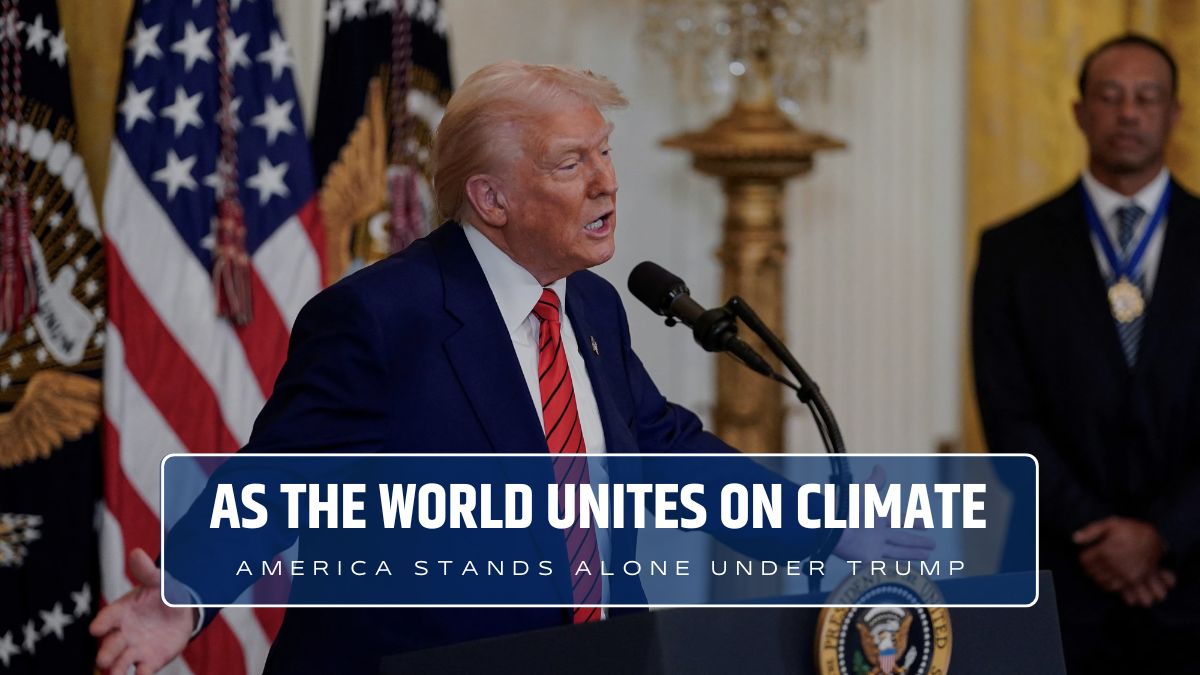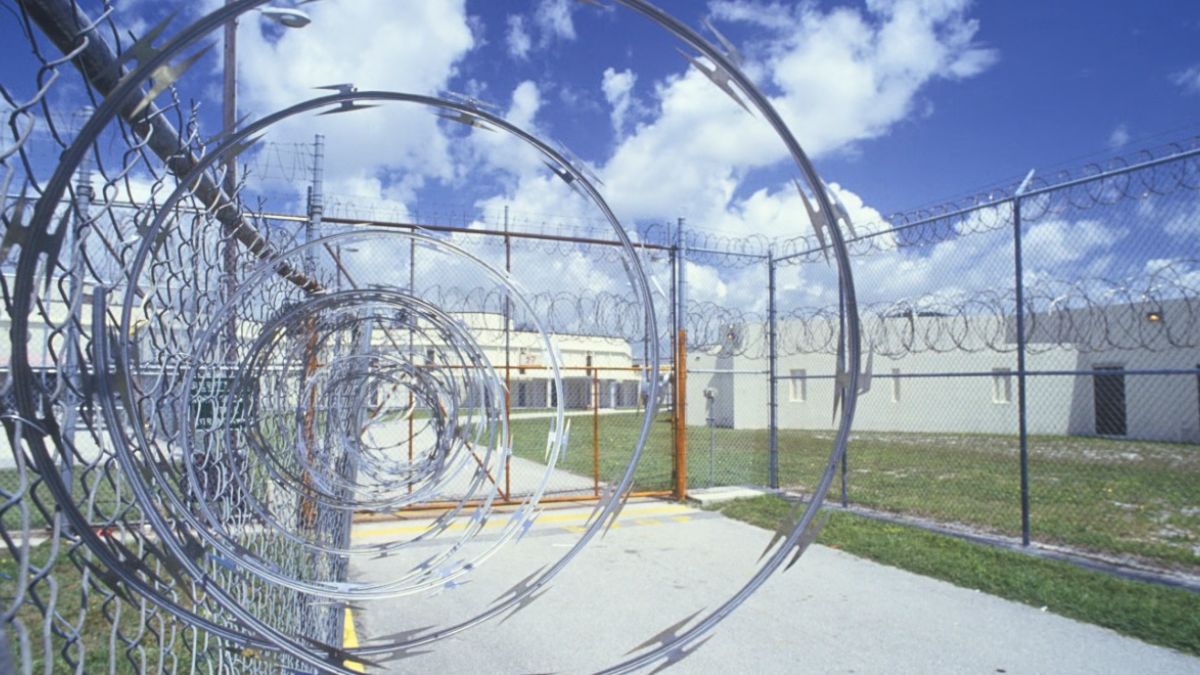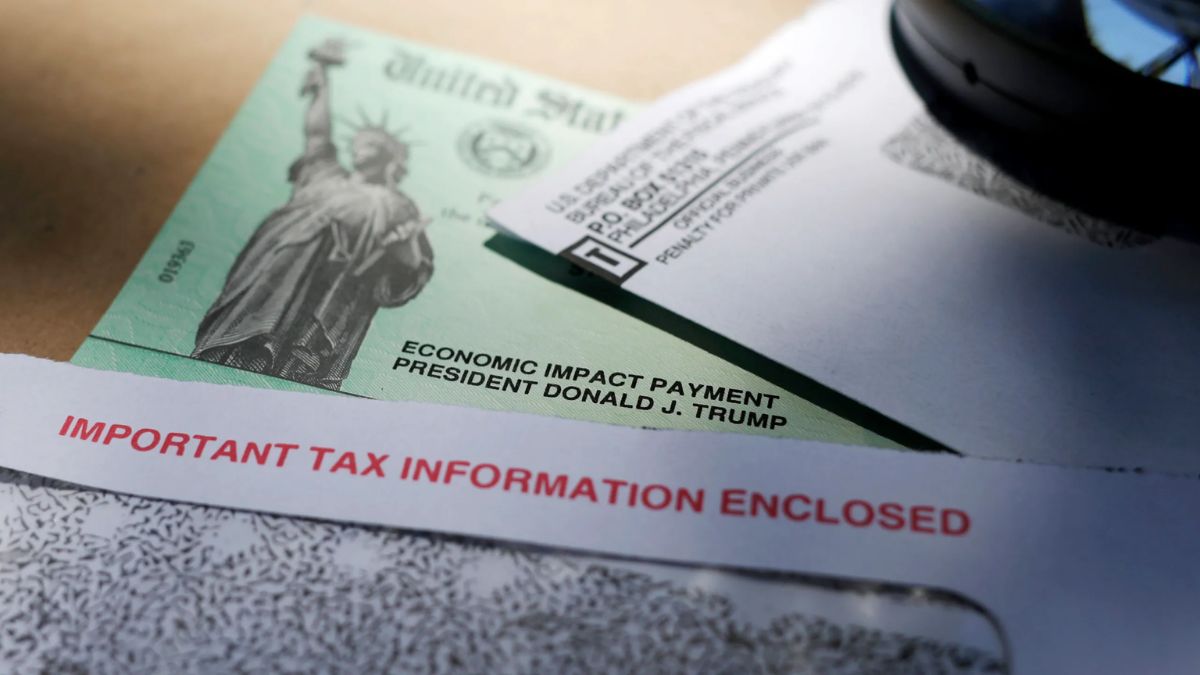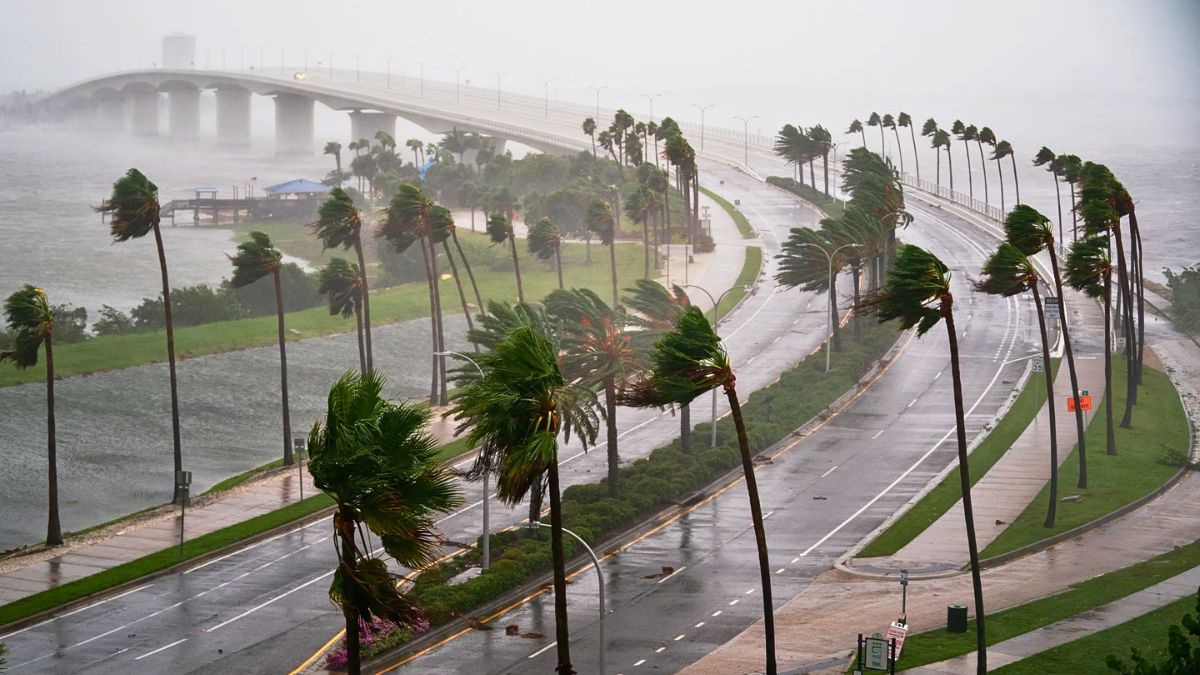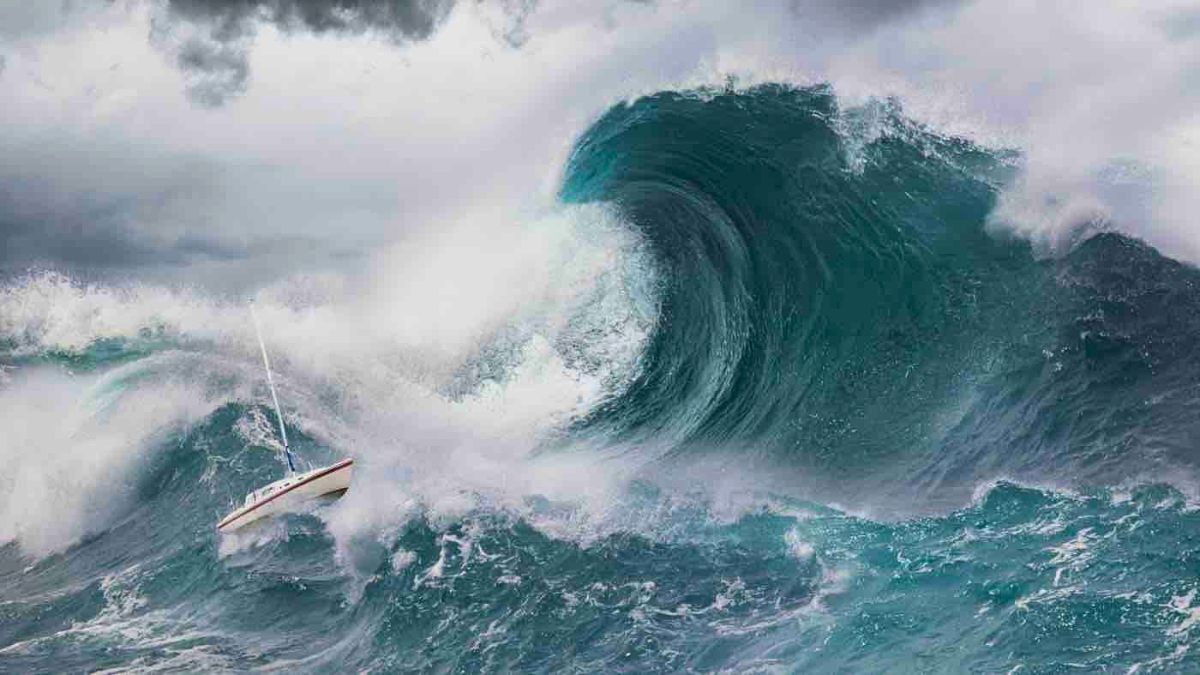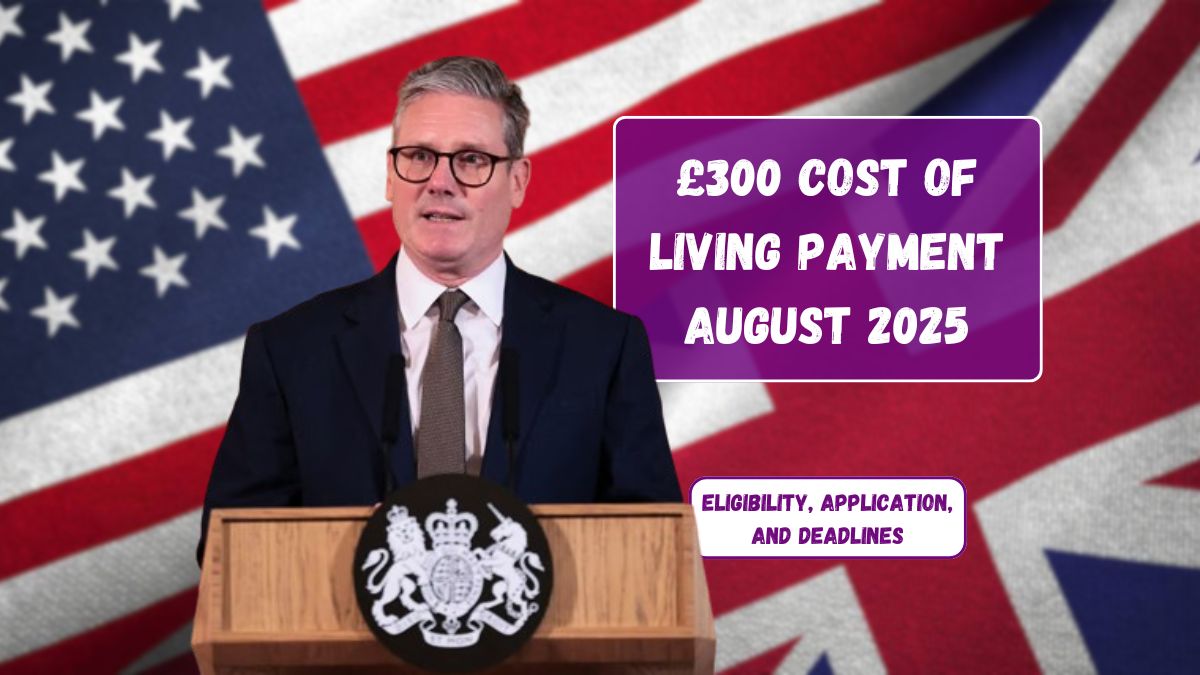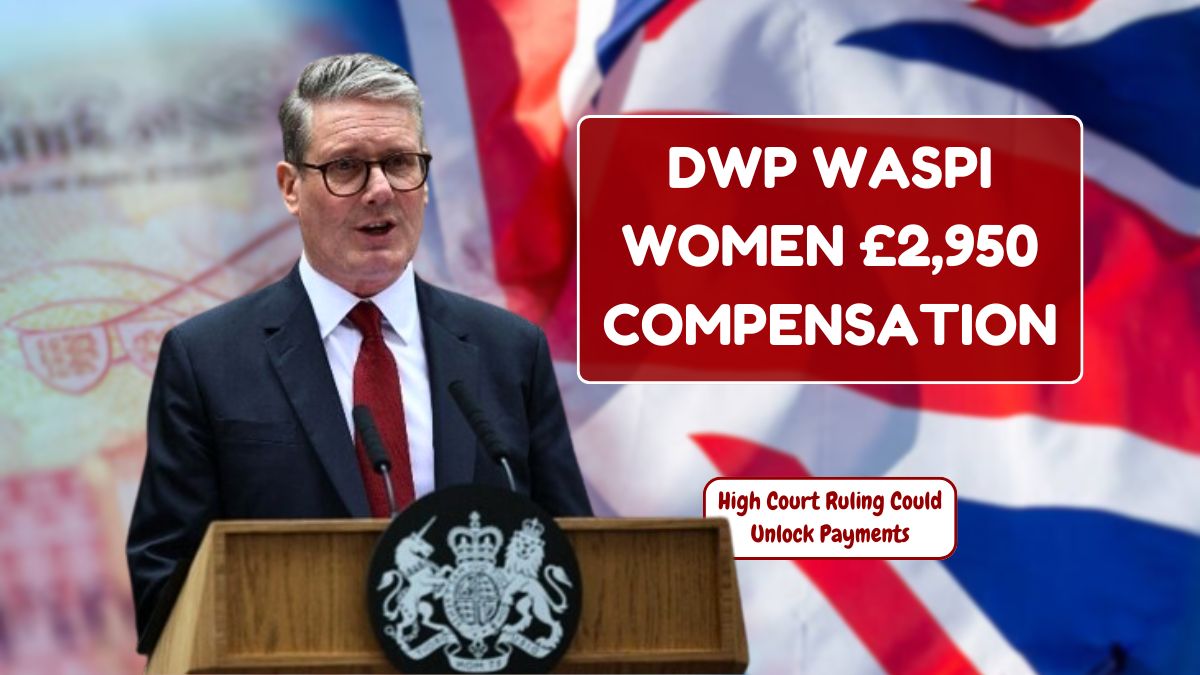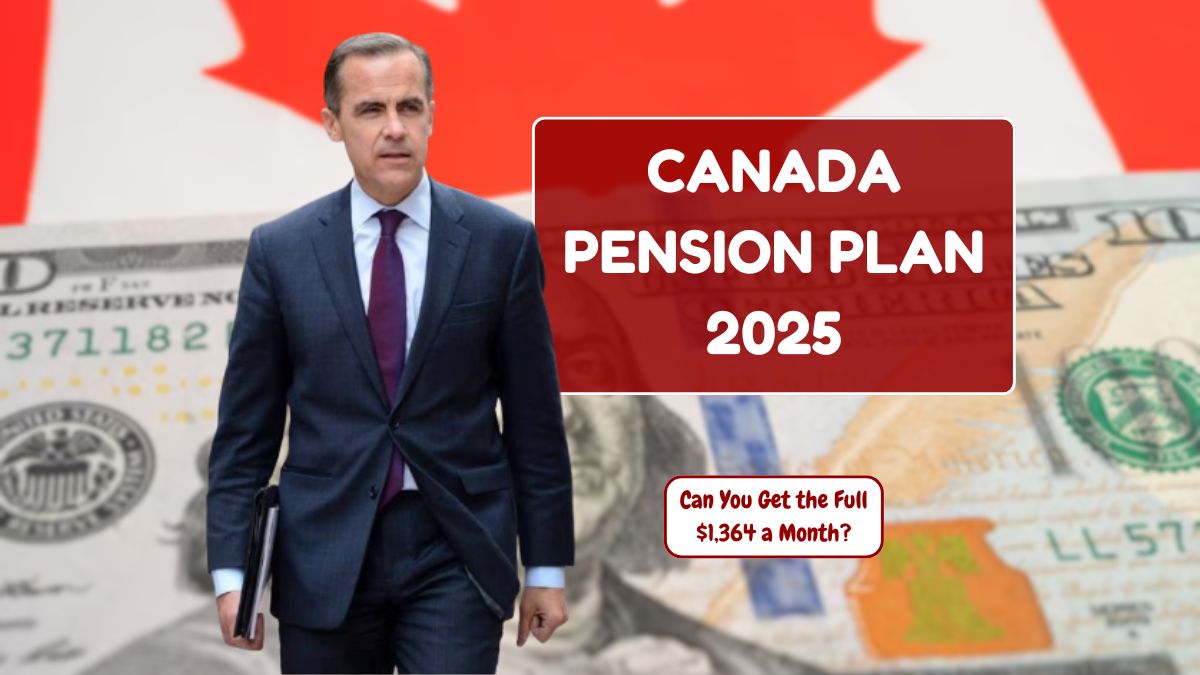America is increasingly becoming an outlier in the global fight against climate change. While the international community rallies around urgent climate action, the United States, under the renewed leadership of Donald Trump and his administration, appears to be heading in the opposite direction—fast.
This week, a stark contrast emerged. The International Court of Justice (ICJ), the United Nations’ top court, issued a powerful advisory opinion: protecting the climate from human-caused greenhouse gas emissions is not optional—it’s an international legal obligation. On the very same day, fresh reports surfaced that the Environmental Protection Agency (EPA), now led by Trump appointee Lee Zeldin, is moving to dismantle one of the most critical pillars of U.S. climate policy—the 2009 endangerment finding.
Endangerment Finding
The endangerment finding might not sound thrilling, but it’s the backbone of American climate regulation. It legally affirms that six major greenhouse gases—CO₂, methane, nitrous oxide, HFCs, PFCs, and sulfur hexafluoride—pose a threat to public health and welfare. This finding is what empowers the EPA to regulate emissions from vehicles, power plants, and other sources.
Without it, there is essentially no legal foundation for federal action on climate change under existing laws like the Clean Air Act. In Zeldin’s words, however, the rule is nothing more than “the holy grail of the climate change religion.”
That language is telling. It signals not just skepticism but outright hostility toward climate science and the global consensus that climate change is real, dangerous, and caused by human activity.
ICJ’s Landmark Opinion
In a unanimous opinion, the ICJ said what much of the world already believes: governments have an obligation under international law to protect the climate system. The court linked a stable, healthy environment to basic human rights like clean water, safe housing, and even the right to life.
The case was spearheaded by Vanuatu, a Pacific island nation on the frontlines of rising seas and intensifying storms. Over 130 countries supported the effort, sending a strong message that the global community sees climate action not just as wise policy, but as a matter of justice and law.
The ICJ opinion, while nonbinding, carries enormous symbolic and diplomatic weight. It establishes a moral and legal framework that future treaties, lawsuits, and national policies will likely build on. In short: the world is moving forward. The U.S., under Trump, is slamming on the brakes.
America First—At What Cost?
The Trump administration frames its anti-climate pivot as a way to lower costs for American families. But clean air, stable weather, and a livable future aren’t luxuries—they’re the foundation of health, safety, and prosperity.
The dismantling of climate policy in the U.S. isn’t just delaying progress. It’s gutting the very systems that allow us to act at all. That’s what makes this moment so dangerous. We’re not simply putting climate change on the back burner—we’re throwing out the whole stove.
What’s more, this isolation comes at a time when international climate cooperation is solidifying. As other major emitters face pressure to uphold their commitments, the U.S.’s retreat is conspicuous. For now, fears that other countries might follow America’s lead in climate denialism haven’t materialized. But that doesn’t mean the damage is limited to our borders.
What’s Really at Stake
This second Trump term has shown a much more aggressive stance on climate rollback than the first. The regulatory framework is being hollowed out. Trust between the U.S. and global climate partners is eroding. And if the endangerment finding is revoked, rebuilding our climate policy infrastructure later won’t just be hard—it may be politically impossible.
As the ICJ, 130+ nations, and climate-vulnerable countries demand accountability and action, America is being left behind—clinging to a vision of “freedom” that somehow includes choking skies and an overheated planet.
In the face of a global crisis, turning our backs on science, law, and leadership isn’t just reckless. It’s dangerous.

